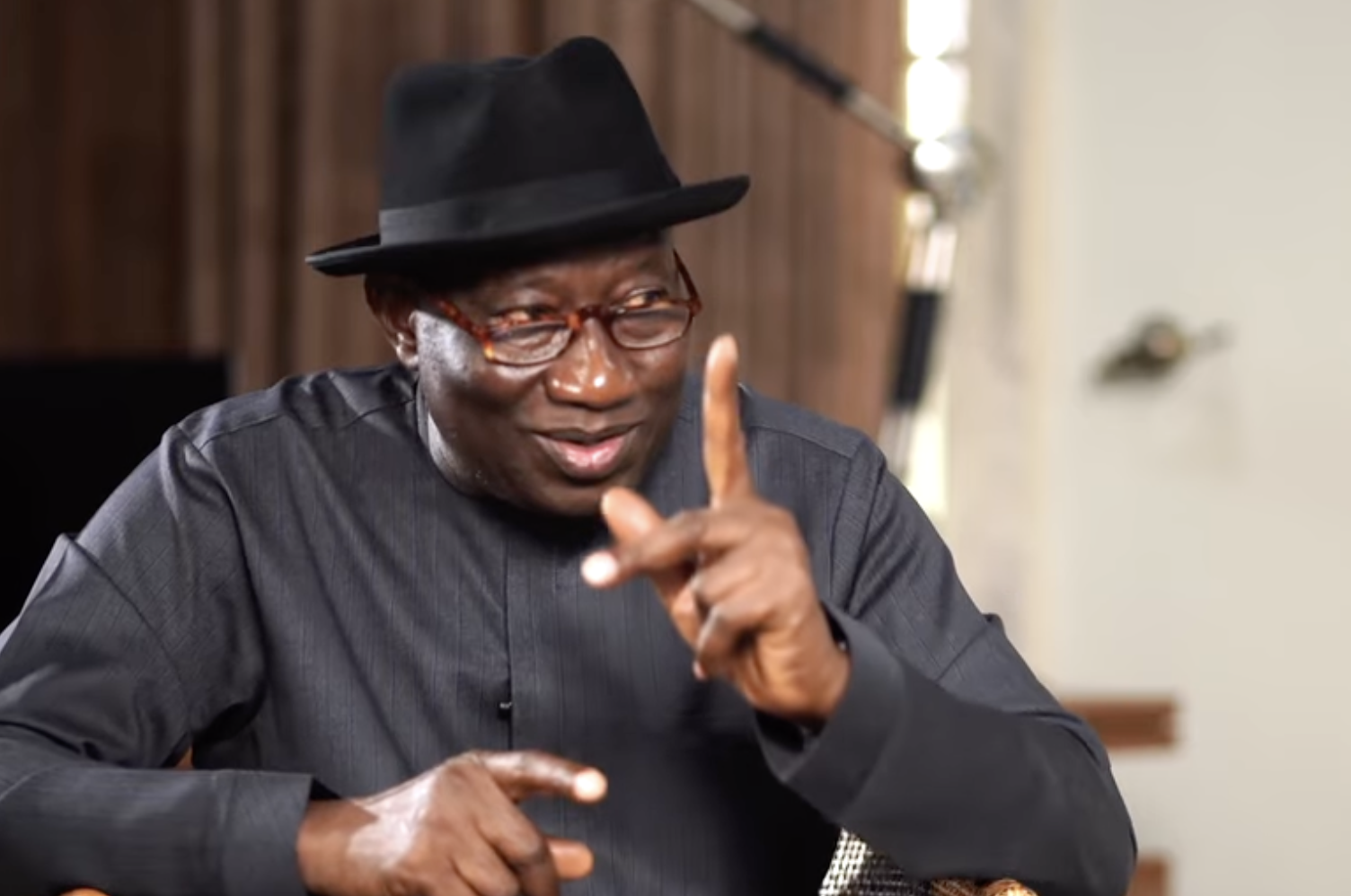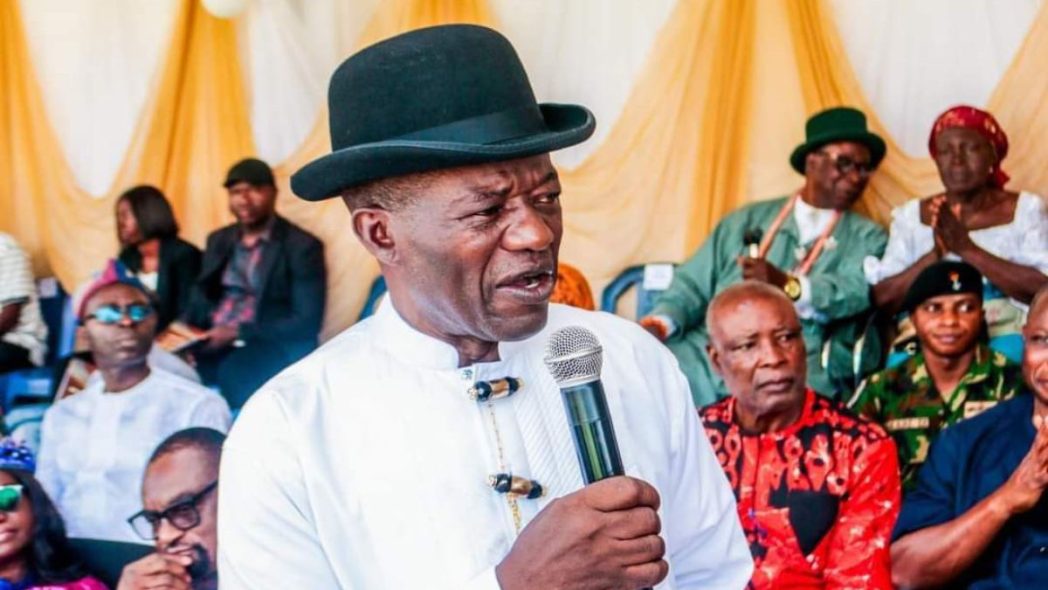Jonathan Reveals Yar'Adua's Power Transmission Letter Blocked

Former President Goodluck Jonathan has shed light on the turbulent period of Nigeria's democratic history when the nation faced a constitutional crisis due to the prolonged illness and absence of then-President Umaru Musa Yar’Adua. According to Jonathan, who served as Vice-President at the time, Yar’Adua had indeed signed a letter empowering him to act in his absence during a medical trip abroad. However, this crucial document was never submitted to the National Assembly by a presidential aide, whose name Jonathan has not disclosed.
The unsubmitted letter plunged Nigeria into a significant political vacuum and constitutional dilemma. Jonathan explained that while he could carry out certain executive duties as Vice-President, such as presiding over Executive Council meetings and approving memos, he could not fully assume the powers of the Commander-in-Chief without a formal transfer of power. He emphasized that there is no concept of an 'acting Commander-in-Chief,' making it impossible for him to fulfill that critical role.
The crisis was further complicated by underlying ethnic and religious tensions, particularly the unspoken agreement for power rotation between the North and South, and between Muslims and Christians. Yar’Adua, a northern Muslim, had taken over from Olusegun Obasanjo, a southern Christian, and there was an expectation for the North to retain power for eight years. Jonathan noted that Yar’Adua's health issues made even the prospect of his acting as president a contentious issue given these power dynamics.
As the country remained on edge with daily coup rumors, the lack of clear authority necessitated an extraordinary measure. Jonathan revealed that the National Assembly ultimately invoked the 'doctrine of necessity' to formally make him acting president. This move was crucial in resolving the constitutional limbo and averting a potential collapse of governance.
Recalling the intense pressure he faced, Jonathan, in his memoir 'My Transition Hours,' described the period as one of the most turbulent in Nigeria's democratic history. Despite friends urging him to vacate the presidential villa for his safety, he steadfastly refused. Jonathan calmly stated his resolve to remain in the State House, believing that if any harm were to befall him there, Nigerians would know it was an assassination, thus preventing misinterpretations or false narratives. Throughout this challenging time, he maintained a remarkable sense of calm, stating he was 'not bothered' by the scenario.












